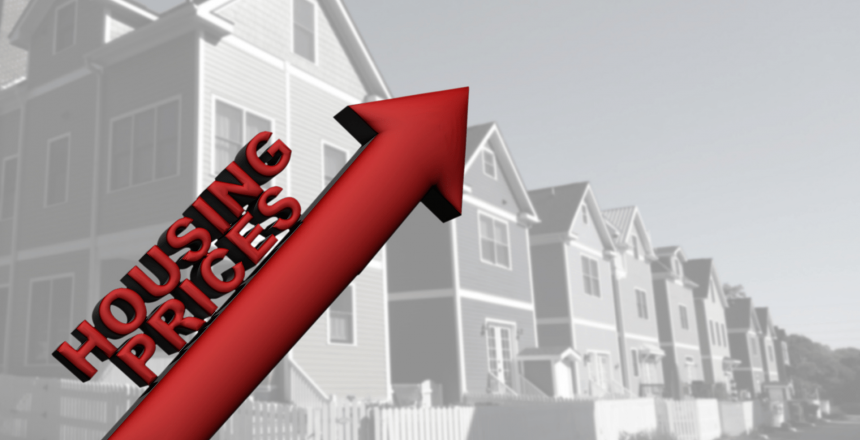Like any other global market, real estate is a market that has experienced many ups and downs in the last decade. From the 2008 downfall to 2015’s booming prices, no one can predict with 100% accuracy what 2016 will be like.
However, like in any other market, real estate specialists from all major markets around the world have identified certain trends that will most likely affect the real estate market in 2016. Home prices in the US are generally up from the previous year although home ownership hit a 48 year low in 2015.
The following are the top real estate trends that agents should watch in 2016:
Home prices will continue to rise at a steady pace.
A recent market research by Zillow that featured real estate analysts and economists showed that during 2016 there will be an increase of approximately 3.5% in home prices as most markets will experience a substantial gain. That being said, economists note that in many areas like San Francisco and Denver, raising home prices might indicate the presence of a bubble.
First time home ownership percentages will continue to decline.
There is a large shortage of first time buyers in the US real estate market due to their inability to raise the appropriate funds for a down payment. This is a large scale phenomenon as lower wages and higher rent prices demolish first time buyers’ ability to buy a home.
Another reason for the shortage of first time homebuyers is the increased activity of investor Many investors in an effort to profit from the market recovery, have pushed prices to new higher levels. Also, another negative record is the median age of first time home buyers, which has increased to 33 years old.
Furthermore, homebuyers experience another negative aspect of today’s market, which is that homes in the lower price ranges are experiencing a big price growth compared to any other price point.
Interest rates will rise.
It’s highly probable as many economists note that interest rates will gradually rise throughout 2016. As a result, adjustable mortgage rates will react to this increase, making it difficult for consumers to be able to afford a house in this market. However, the rate on 30 year mortgages will experience a slower increase that will make them attractive for buyers.
It is estimated that these mortgage rates will reach 4.5% interest up only 0.5 percent from 2015. Rising rates are an important factor to consider, although wage growth and job security are more significant.
Buying will remain a cheaper option than renting.
In recent years rental prices have risen significantly faster than selling prices and that trend is going to continue. Nationwide, buying a home is approximately 36% cheaper than renting one.
The demand for green smart homes will continue to increase.
As modern technology has made its way into home appliances, smart home features will be considered a must in 2016. Contractors that try to adopt these new technologies will build homes that feature smart thermostats, smartphone controlled lighting and smart home appliances.


